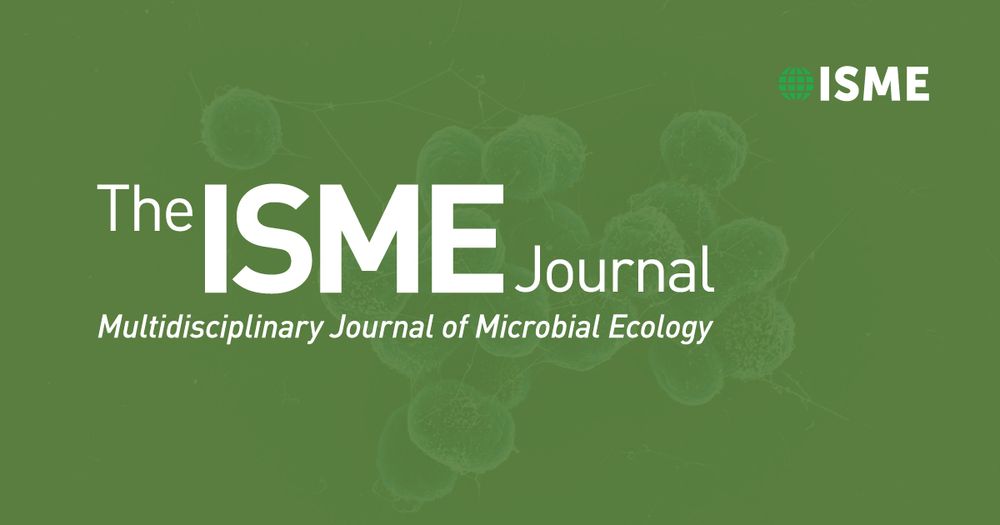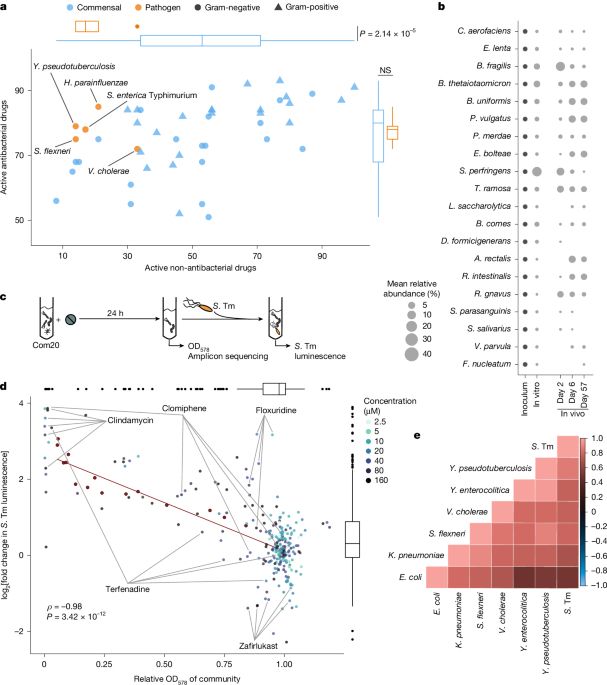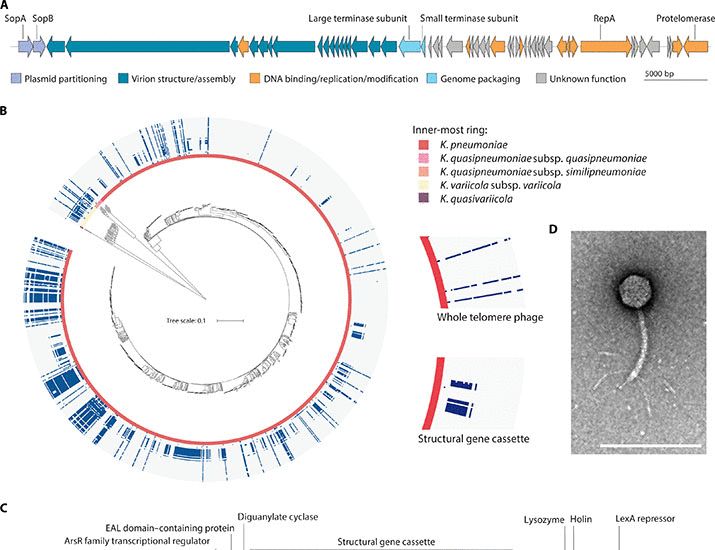In the second part of my PhD, we show how microbial complexity drives phage–bacteria ecology & evolution.
Check out the preprint 👇🏼
joshuasweitz.substack.com/p/happy-worl...

joshuasweitz.substack.com/p/happy-worl...
@mkrupovic.bsky.social @deemteam.bsky.social @anagtz.bsky.social
www.nature.com/articles/s41...

@mkrupovic.bsky.social @deemteam.bsky.social @anagtz.bsky.social
www.nature.com/articles/s41...
nature.com/articles/s41...
PhD graduate and now post-doc Sofia Dahlman, along with co-senior author Sam Forster from The Hudson and other researchers from our lab and others.

nature.com/articles/s41...
PhD graduate and now post-doc Sofia Dahlman, along with co-senior author Sam Forster from The Hudson and other researchers from our lab and others.
www.cell.com/cell/abstrac...

www.cell.com/cell/abstrac...
ethz.ch/en/news-and-...

ethz.ch/en/news-and-...
Read it here:
www.nature.com/articles/s41...

Read it here:
www.nature.com/articles/s41...
www.nature.com/articles/s41...

www.nature.com/articles/s41...
News & Views by Rafael Laso-Pérez
@gecko1990.bsky.social @delafuentelab.bsky.social
Read it here: rdcu.be/eHNwa

News & Views by Rafael Laso-Pérez
@gecko1990.bsky.social @delafuentelab.bsky.social
Read it here: rdcu.be/eHNwa
Differences in metagenome coverage may confound abundance-based and diversity conclusions and how to deal with them
academic.oup.com/ismecommun/a...

Differences in metagenome coverage may confound abundance-based and diversity conclusions and how to deal with them
academic.oup.com/ismecommun/a...
In the second part of my PhD, we show how microbial complexity drives phage–bacteria ecology & evolution.
Check out the preprint 👇🏼

In the second part of my PhD, we show how microbial complexity drives phage–bacteria ecology & evolution.
Check out the preprint 👇🏼
In the second part of my PhD, we show how microbial complexity drives phage–bacteria ecology & evolution.
Check out the preprint 👇🏼


academic.oup.com/ismej/advanc...

academic.oup.com/ismej/advanc...
#science #microbiome #health
www.nature.com/articles/s41...

#science #microbiome #health
www.nature.com/articles/s41...
@mkrupovic.bsky.social and @sgribaldo.bsky.social!
Published in parallel with the work of our colleagues from the Moissl-Eichinger Lab @chmoei.bsky.social🧵
@mkrupovic.bsky.social and @sgribaldo.bsky.social!
Published in parallel with the work of our colleagues from the Moissl-Eichinger Lab @chmoei.bsky.social🧵
#phage #gut #Bacteroides #CrAss
link: www.tandfonline.com/doi/full/10....
@uccresearch.bsky.social

#phage #gut #Bacteroides #CrAss
link: www.tandfonline.com/doi/full/10....
@uccresearch.bsky.social
For more info, contact me (villena@alga.cz) and check the link to apply for an exciting scientific journey 🧪
mbu.cas.cz/kariera/voln...
youtu.be/5c7lxC1mHxk?...

youtu.be/5c7lxC1mHxk?...
What if more phages didn't mean more death? We show that even strictly lytic phages can stabilize host populations via persistent, episomal infections (often referred to as pseudolysogeny). It's time to move beyond the lysis/lysogeny binary. #phagesky #microsky

Finally out after peer review, our work showing that "Mobile #Integrons carry Phage Defense Systems" is now published in Science 🎉
Short 🧵
www.science.org/doi/10.1126/...

Finally out after peer review, our work showing that "Mobile #Integrons carry Phage Defense Systems" is now published in Science 🎉
Short 🧵
www.science.org/doi/10.1126/...
www.science.org/doi/10.1126/...

www.science.org/doi/10.1126/...

